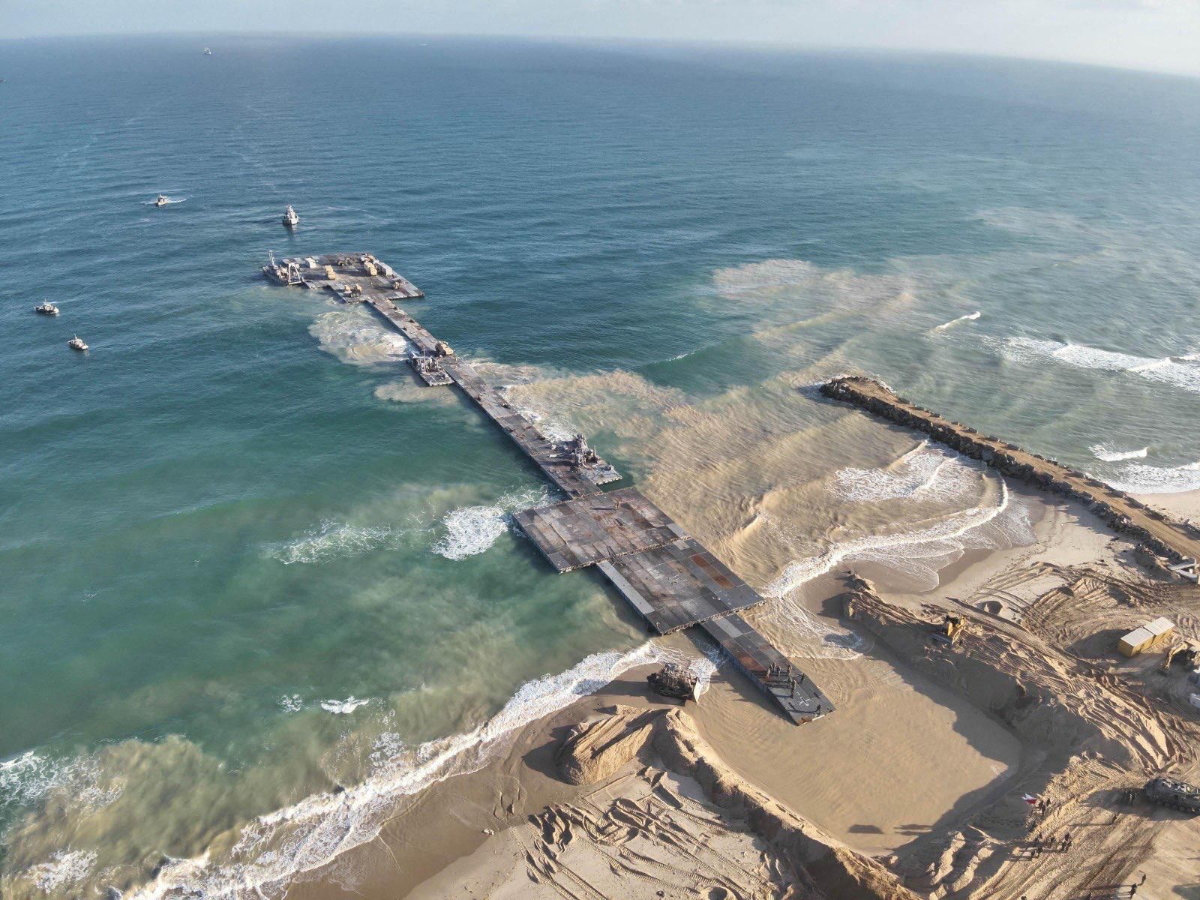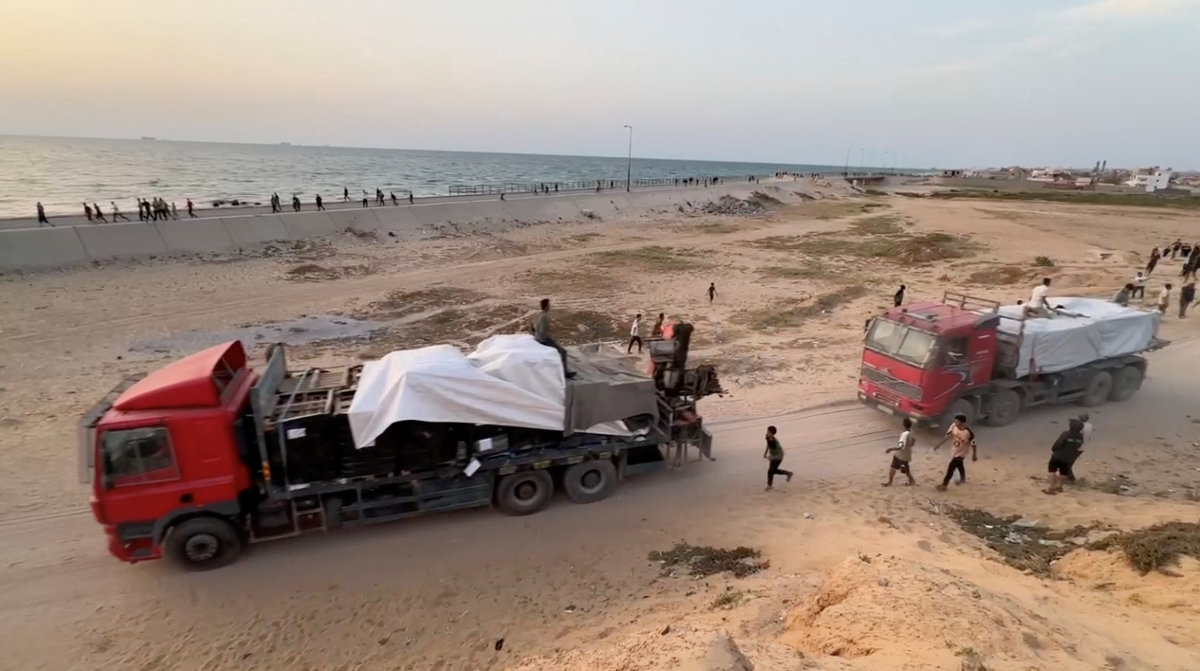NICE: A Lebanese refinement of the “Macron factor” has added an intriguing dimension to French involvement in the country’s first legislative elections in almost
nine years.
Because of the time lapse since the last Lebanese general election in 2009, many residents of France with Lebanese nationality who had registered to vote were doing so for the first time in their lives. Just as young French people, and candidates with little or no formal backgrounds, helped Emmanuel Macron to power in last year’s presidential and parliament elections, representatives of Lebanon’s loose civil society coalition were hoping to pick up votes to challenge the
traditional parties.
With modest and, according to some, confusing steps toward proportional representation in the Lebanese electoral system, the new wave of candidates — focused on unemployment, women’s rights, environmental issues and finding a solution to the country’s budgetary crisis — believe they are on the brink of a breakthrough.
“There are some similarities to France,” said Nasri Atallah, a British-Lebanese writer and author who has lived in Paris. “Quite a few of the Lebanese I know there see Macron as a breath of fresh air, even if they probably wouldn’t want to be known as centrist. People who have never been politically active, in France as in Lebanon, are exasperated by the system and looking for real change.
“It is an exciting time for the diaspora with so many younger Lebanese people working or studying in France voting for the first time.”
Atallah is visiting Beirut this week to film a documentary on one civil society candidate, the women’s rights activist and writer Joumana Haddad, who has repeatedly been listed among the world’s most 100 powerful Arabs by Arabian Business magazine.
He said that the votes of the Lebanese diaspora, particularly younger members less inclined to vote along old political or religious lines, could help win at least a voice in parliament for such candidates intent — as Haddad is — on building “a more humane Lebanon.”
He said that established candidates were likely to prevail but hoped civil society contenders could at least challenge the “gentleman’s club” of the status quo.
The French part of the diaspora has been estimated by researchers at between 200,000 and 250,000, though figures from France’s national statistics office in 2008 put the figure much lower. But as a legacy of France’s historic links with the country, dating from the medieval crusades but, more importantly, including the French mandate that lasted for 23 years until midway through World War II, the ties are deeper than the numbers suggest.
Beirut was for decades known as the Paris of the Middle East, a nickname that surprised few of its cosmopolitan visitors. In turn, the Lebanese influence on French society, culture and cuisine remains strong and France played a major part in restructuring Lebanon after the civil war.
 Prominent figures with roots in Lebanon range from the Renault and Nissan chief executive officer Carlos Ghosn and the former government minister Eric Besson to entertainers, athletes, fashion designers and chefs.
Prominent figures with roots in Lebanon range from the Renault and Nissan chief executive officer Carlos Ghosn and the former government minister Eric Besson to entertainers, athletes, fashion designers and chefs.
Rafic Hariri, the former Lebanese prime minister assassinated in Beirut in 2005 amid suspicion of Hezbollah and possibly Syrian involvement, was a close friend of Jacques Chirac, then French president. The award-winning French-Lebanese novelist Venus Khoury-Ghata is a former Miss Beirut.
In March this year, the Franco-Lebanese businessman Ziad Takieddine was a central figure in an investigation leading to the former French president Nicolas Sarkozy being put under formal investigation, and therefore liable to criminal prosecution, on corruption allegations.
Takieddine, a Druze born in Baakline, southeast of Beirut, formerly ran an Alpine ski resort but is better known as an international arms dealer with experience as an intermediary for French defense manufacturers and their client states.
He is the son and nephew of past Lebanese ambassadors, and Amal Alamuddin, the human rights lawyer married to the Hollywood actor George Clooney, is his niece.
Takieddine had ties with the Libyan regime of Muammar Qaddafi and claims to have made three trips from Tripoli to Paris to hand over suitcases full of cash. Sarkozy is accused of receiving massive illegal financing from Libya for the presidential campaign that installed him in the Elysee in 2007. He says that the allegations are false.
As is the case elsewhere in the world, the number of Lebanese nationals, or those holding dual nationality, registered to vote in France was relatively low. The French-language Lebanese newspaper L’Orient-Le Jour said that of 8,362 voters registered in France, early estimates from polling on Sunday indicated a turnout of 53 percent, slightly higher than in the UK but less than the global rate of participation (59 percent).
In London, a spokesman at the Lebanese Embassy said that there were 1,800 registered voters. Polling opened last Sunday, April 29, in Europe, the Americas, Australia and Africa. The largest number of registered overseas voters was in Australia, according to Lebanon’s foreign ministry. Almost 66 percent of the 12,615 registered voters living in Egypt, Saudi Arabia, the UAE, Kuwait, Oman and Qatar cast their votes on April 27, according to the state-run news agency NNA.
Foreign Minister Gebran Bassil praised the historic vote in a televised news conference held at the foreign ministry just hours after the last overseas polling station closed in Los Angeles.
“It marks the beginning of a track that will not stop until the return of all Lebanese to their country,” he tweeted, as he followed the voting on screen at the foreign ministry.
























